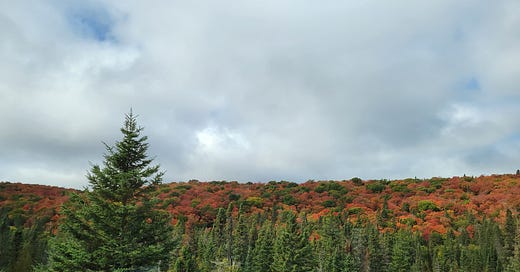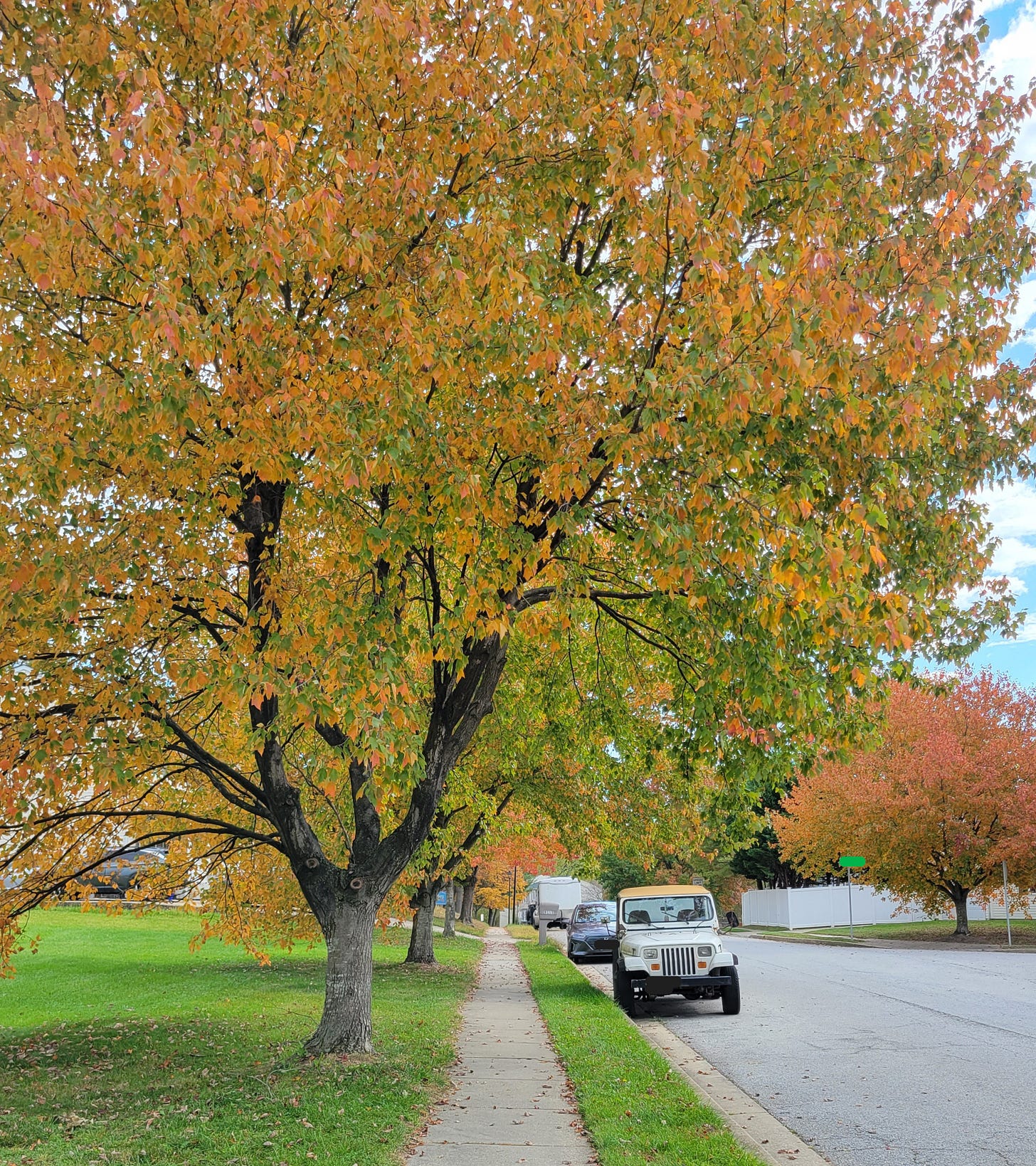Over the past couple weeks it’s been challenging to get myself to sit down and write a post I’m satisfied with; to spend a few hours writing content that I can come back to later and edit, and feel good about posting. As I started writing this post, with nothing in particular in mind to write about, the opening line from a Wordsworth poem I studied in school popped into my head:
The World Is Too Much With Us
BY WILLIAM WORDSWORTH
The world is too much with us; late and soon,
Getting and spending, we lay waste our powers;—
Little we see in Nature that is ours;
We have given our hearts away, a sordid boon!
This Sea that bares her bosom to the moon;
The winds that will be howling at all hours,
And are up-gathered now like sleeping flowers;
For this, for everything, we are out of tune;
It moves us not. Great God! I’d rather be
A Pagan suckled in a creed outworn;
So might I, standing on this pleasant lea,
Have glimpses that would make me less forlorn;
Have sight of Proteus rising from the sea;
Or hear old Triton blow his wreathèd horn.
With wars and genocide raging around the world, and civil liberties being rapidly destroyed, my brain goes from empty of anything but grief to overflowing with restless, aimless thoughts. Writing can be a distraction or a blessing for me during these periods; I find it easier to journal than write something I consider to be of substance. And my many years as a magazine editor and freelance journalist mean that on this Substack, I want to write clear, concise copy that connects with my readers. I doubt I’ll ever leave that part of my personal & career history behind, nor do I want to.
My English lit major days are long behind me as well, so reading Wordsworth’s words and trying to interpret them are a bit of a struggle, even after a cup of coffee. And yet it’s also clear he’s talking about getting back to more simplistic pleasures found in nature, or even being someone who is truly old school: a person who revels in pagan beliefs and witnesses Greek gods rising up from the seas. That doesn’t sound half-bad, really. A quick look at a site offering literary interpretation confirms my armchair analysis. Humanity has given its heart away to materialistic pleasures—the kind that industrialization (and capitalism, too) bring us—and there’s really no way to get back to nature now. “We are out of tune,” Wordsworth laments.
If I were teaching this poem to a high school English lit class, I’d ask them if this poet sounds like he’d be a grumpy whiny Boomer in the 21st century. I might assign them to write a poem or response on how to get back in tune: with Nature, with one’s self. How can we make space for both capitalism and nature in our hearts and not feel so forlorn, like the speaker in this poem?
For me, getting back in tune looks like taking time away from the news, from social media, from even this Substack. Going for walks around my neighborhood and looking at the leaves on the sidewalks in various hues of red, orange, yellow, and brown. Listening to instrumental music anytime of day, whether it’s jazz or piano music or Spanish guitar, to soothe my soul. Creating a balance between my work life and my creative passions by resting with my cats, staring out the window, or sipping tea and writing in my journal.
Rather than shame myself into guilt for moments when I focus on retuning and not producing, I need to show myself grace and say, It’s okay, Corinne. Relax and simply be present.
Because the world—my world as I know it—will be there when I return, and I can choose to what degree that world is part of who and what I am.





